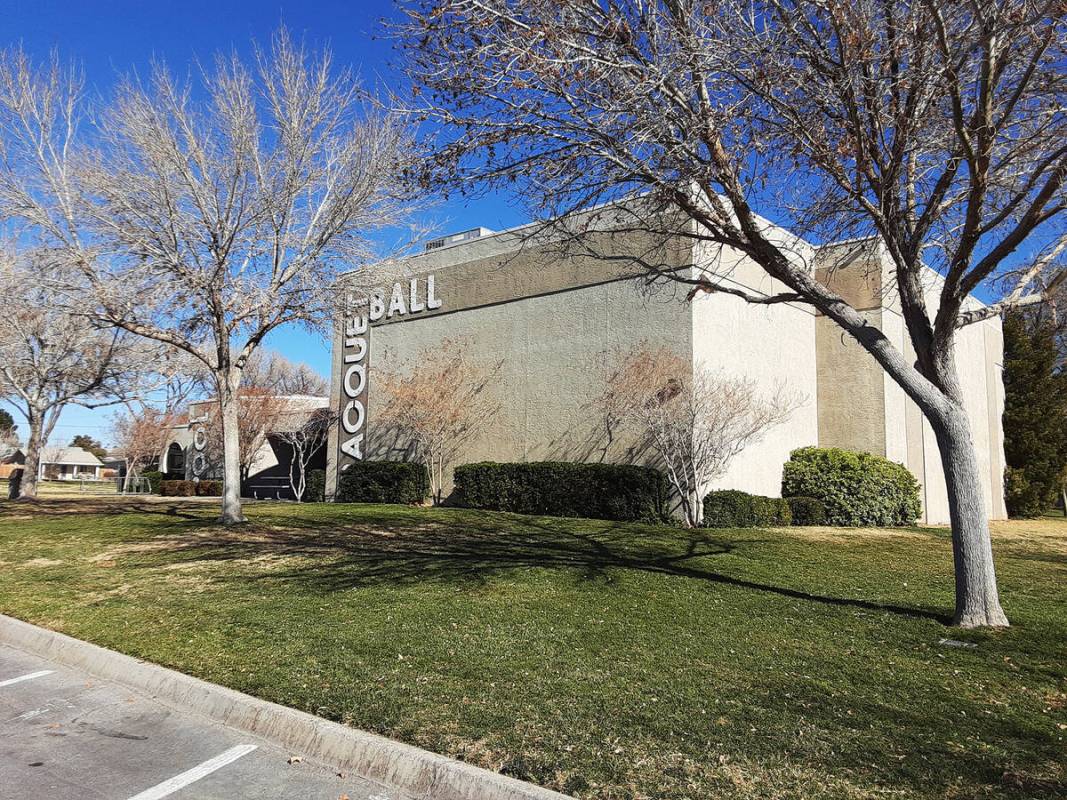
It wasn’t just the price of eggs that went up.
You may have noticed recently that the national media has been full of questions about why the “vibe” of the electorate is so negative given that many of the statistics used by economists point to a relatively rosy picture. And, while the rate of inflation is down (although, it bumped back up a little bit in December) the effects are very much still here. One widely-cited study showed that a typical full-ish grocery cart that had a price tag of $100 in late 2019 will cost you more than $125 in January of 2024.
And it’s not just groceries. A number of city projects have been re-thought, somewhat delayed or even put on a “foreseeable future” hold due to rising costs.
The most recent example came in the city council meeting of Jan. 9 when members got an update on planned capital improvement spending and it was reported by the city’s finance department that, as a result of updated quotes on several projects, costs are projected to increase by $623,682.
Three of those projects are related to water conservation. When the initial capital spending plan was distributed, quotes for those projects were not available, so they were put into the plan at a level of $1. The actual cost of those projects will be $260,000.
Over at BCPD, a plan to upgrade the radios used by the department was slated to come out of general operating expenses. However, the quote came back higher than expected, so the radios have moved to the general capital improvement pot at a cost of $120,000.
Out at the two city-run golf courses, planned replacement of various pieces of equipment, including golf carts, is looking to run at least $120,000 more than originally budgeted.
At the Boulder City Fire Department, while plans for a new training facility appear to still be on track, plans for a second fire substation are on indefinite hold after projected costs more than doubled.
Speaking to the council as part of his annual report at their last meeting on Sept. 12, Fire Chief William Gray laid out the entire situation, saying that, while there had originally been an issue finding a company willing to bid on the project, the project appeared to be on track through the summer.
“All the way through June, during the design process, they were optimistic they would be on budget and on time,” he said. “And then in July, our $1.6 million budget came back as maybe $1.9 million. We were able to figure that out. And then, like three weeks later, it came in at $3.6 million. We can’t figure that out.”
Not all of the issues with the substation were general inflation, as the cost to install utility infrastructure on the site originally proposed came with an unexpectedly high price tag of nearly $1 million all by itself.
“Being creative is what we are trying to do right now,” Gray told the council in September. “Potentially remodeling the facility or picking a different piece of land, just looking at all of those options.”
As he called up a picture of the drawings for the planned substation, Gray said, “There are some pictures of what it would have been,” noting that the pictures had been put into the annual report prior to the department having received the latest cost estimates. “It could still be this, we just don’t know.”
Higher costs and long wait times have bedeviled other projects as well, including new playground equipment for several city parks and the decision to replace a worn-out city ambulance with a refurbished box on a new frame in order to save more than $100,000 and to avoid the two- to four-year delay that would be involved with having a new rescue unit built from the ground up.
The major headline story about increased costs last year was the long-simmering plan to replace the aging and largely decrepit city pool.
In their Aug. 8 meeting, the Boulder City Council got a presentation updating estimated costs for a proposed new facility. When the council received the initial estimate from SCA Design in 2021, the cost of replacing the entire facility was tagged at more than $27 million. At the end of February of last year, after receiving an update on conceptual plans and potential costs, the council directed city staff to seek an update to the original cost estimate accounting for what was assumed would be higher costs.
That updated estimate came in at $36.7 million, a whopping 36% increase over the 2021 estimate.
And, keep in mind that that estimate is now almost six months old and inflation may have slowed, but it has not stopped or reversed.
A representative of SCA Design gave a presentation at which she outlined the parameters of the proposed project that had been presented to the Municipal Pool Ad Hoc Committee, which recommended that the city move forward with the project.
“Given the state of the world economy, the United States economy and specifically here in Boulder City, you’re going to see quite a bit of a cost difference,” she said.